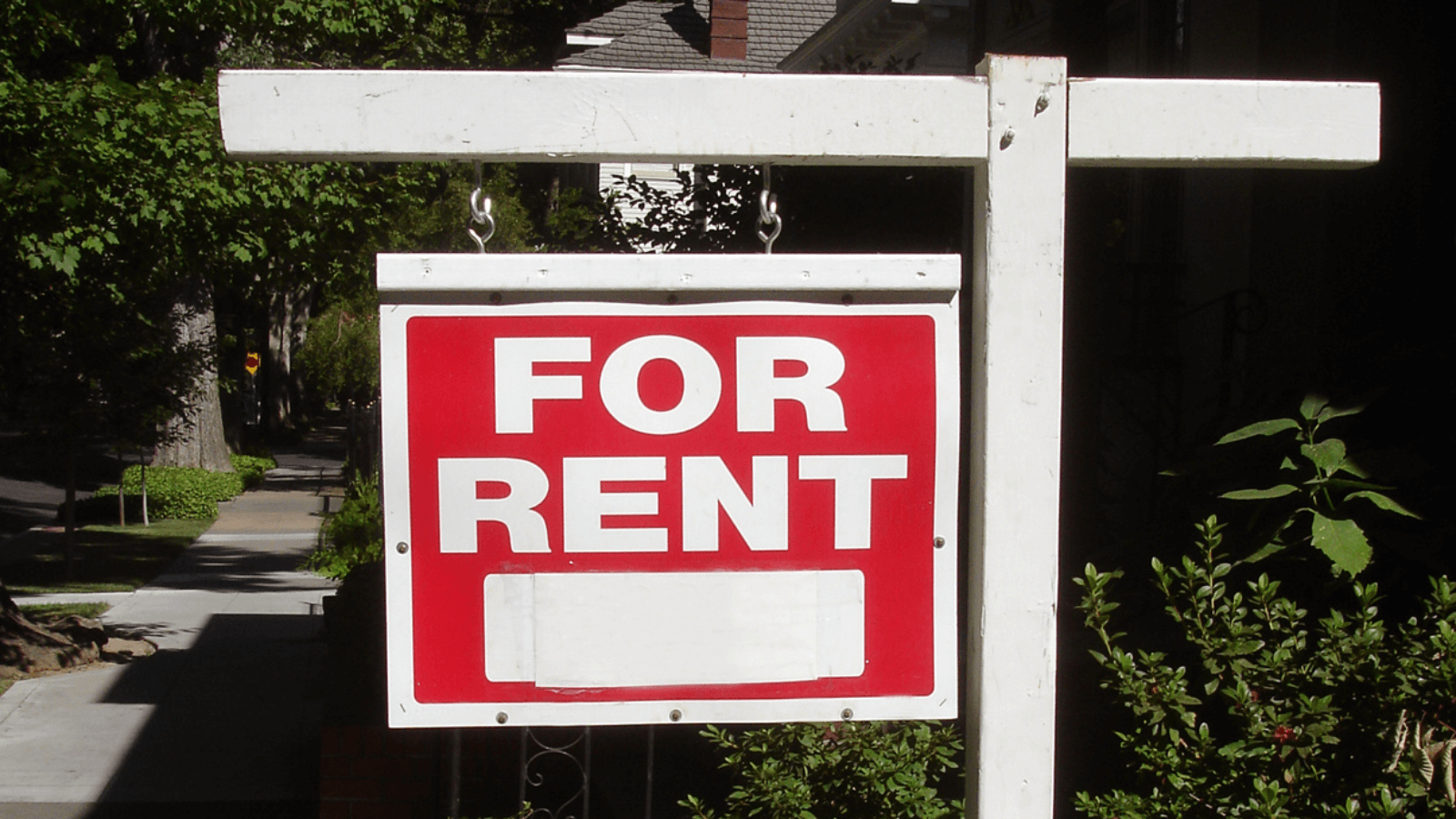Are you planning to rent or lease a property? Perhaps you’re a first-time landlord looking to draft a rental agreement. Understanding the key terms related to real estate rentals is crucial to ensure a smooth and legally sound process.
In this latest installment of our Legal Lingo blog series, we’ll explore and define some essential real estate rental terms to help both potential tenants and landlords navigate the rental landscape confidently.
Common Rental Terms
As-Is Condition
When a property is listed “as-is,” it means the landlord or property owner is selling or renting it without making any additional repairs or improvements. The tenant accepts the property in its current state and is responsible for any maintenance or repairs needed during their tenancy.
Co-signer
A co-signer is an individual who assumes equal responsibility for a lease or rental agreement alongside the primary tenant. Co-signers act as a guarantor and are legally obligated to fulfill the terms of the lease if the primary tenant fails to do so.
Co-tenant
A co-tenant refers to another individual who shares the rental property with the primary tenant. All co-tenants have equal rights and responsibilities under the lease agreement.
Fixed-Term Lease
Also known as a “lease for a specific term,” a fixed-term lease is a rental agreement that has a set duration, typically six months to a year or longer. During this period, the rent amount and other terms remain constant, providing stability for both the tenant and the landlord.
Lease Commencement Date
The lease commencement date marks the official start of the lease agreement. It is the date from which the tenant is allowed to occupy the rental property and begin paying rent.
Month-to-Month
A month-to-month rental agreement has no fixed end date and automatically renews at the beginning of each month. Both the landlord and tenant can terminate the agreement with proper notice, providing flexibility for both parties.
Prorated
Prorated refers to the calculation of a proportional amount of rent or charges based on a partial rental period. This often occurs when a tenant moves in or out of a property on a day other than the start or end of the regular rental period.
Quiet Enjoyment
Quiet enjoyment is a legal right granted to tenants, ensuring they can live in their rental property without interference from the landlord. It implies the landlord will not disturb the tenant’s use and enjoyment of the property and will address any issues that arise promptly.
Rent Control
Rent control is a set of laws or regulations established by local governments to limit how much a landlord can increase rent for residential properties. These regulations aim to protect tenants from excessive rent hikes and maintain affordable housing options.
Security Deposit
A security deposit is a refundable amount paid by the tenant to the landlord before moving in. It acts as financial protection for the landlord against any damages or unpaid rent during the tenancy. At the end of the lease, the deposit is typically returned to the tenant, minus any legitimate deductions.
Sublease
A sublease occurs when a current tenant rents out all or part of their rental property to another individual, known as the subtenant. The primary tenant remains responsible for the lease terms and any damages caused by the subtenant.
Tenant
The tenant is the individual or party who rents the property from the landlord or property owner. Tenants have certain rights and responsibilities as outlined in the lease agreement and applicable laws.
Contact Starling Law Firm
Understanding these key real estate rental terms is essential for both tenants and landlords to establish a transparent and mutually beneficial rental agreement. Whether you’re a prospective tenant or a landlord, being familiar with these terms will empower you to make informed decisions and navigate the rental process with confidence.
Real estate laws and regulations may vary by location, property, and situation, so it’s essential to consult with a qualified real estate lawyer for specific advice and guidance tailored to your situation. The knowledgeable real estate law team at Starling Law Firm can guide you through the rental process, whether you’re a tenant or landlord, for the best outcome. Contact us to speak to an attorney today.

